2012-The College of New Caledonia is offering a new Aviation Business Diploma program in Vanderhoof that is the first of its kind in northern BC. The course is a partnership with a local aircraft charter and flight school company Guardian Aerospace that is focused on producing qualified small aircraft pilots to meet a growing shortage throughout the region and across northern Canada. This course trains students to fly small planes in some of the most difficult conditions, and there is no better place to to experience remote flying conditions than Vanderhoof. The community has a long established history with aviation and there is a keen interest throughout the community to support this program in recruiting students to train and live in Vanderhoof.
In order to get this new program off the ground, the College of New Caledonia purchased two Redbird aircraft flight simulators with partial funding from Northern Development’s Pine Beetle Recovery Account. This project, like many others, has been a partnership with a number of organizations including Western Economic Diversification and the Nechako-Kitamaat Development Fund Society.
The simulators are the central component of the training program. The Redbird models are cutting edge simulator technology targetted at the initial and commercial flight training industry. They provide fully enclosed cockpits, with wrap around visuals, and full motion capability. They are part of a new generation of simulators capable of reproducing flying conditions with amazing accuracy.
The state-of-the-art simulators purchased under this project enable students to learn and practice flying through a variety of inclement conditions in a simulated environment which both improves the quality of program graduates and reduces the costs and risk of achieving that enhanced level of training. The simulators can be set up as a number of different light aircraft models and the College has chosen to acquire Cessna 172 single engine and Piper Seneca twin engine models which will match the most common types to be used in student training. These aircraft can be used in both visual flight rules and instrument flight rules modes, are approved for logging of the simulator training allowed in Transport Canada’s flight training requirements, and can also be used for the renewal of instrument ratings in place of a more costly aircraft.
The simulators are not only available to the College of New Caledonia students in the Aviation Business Diploma program, but can be utilized by northern BC operators for specialized training and by private pilots for improvement of their own flight skills and training in specific areas such as operating in complex air traffic control areas such as that in the airspace around Vancouver International Airport.



